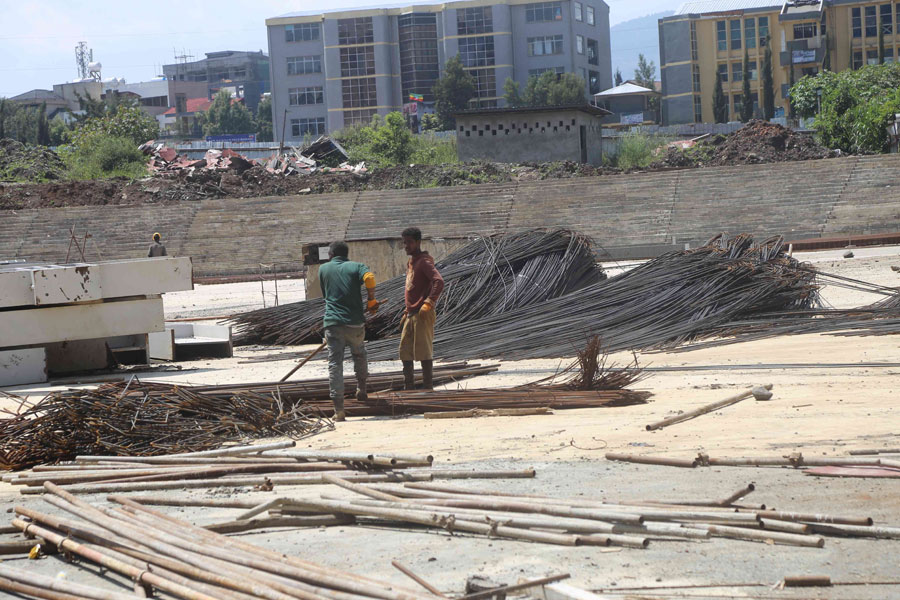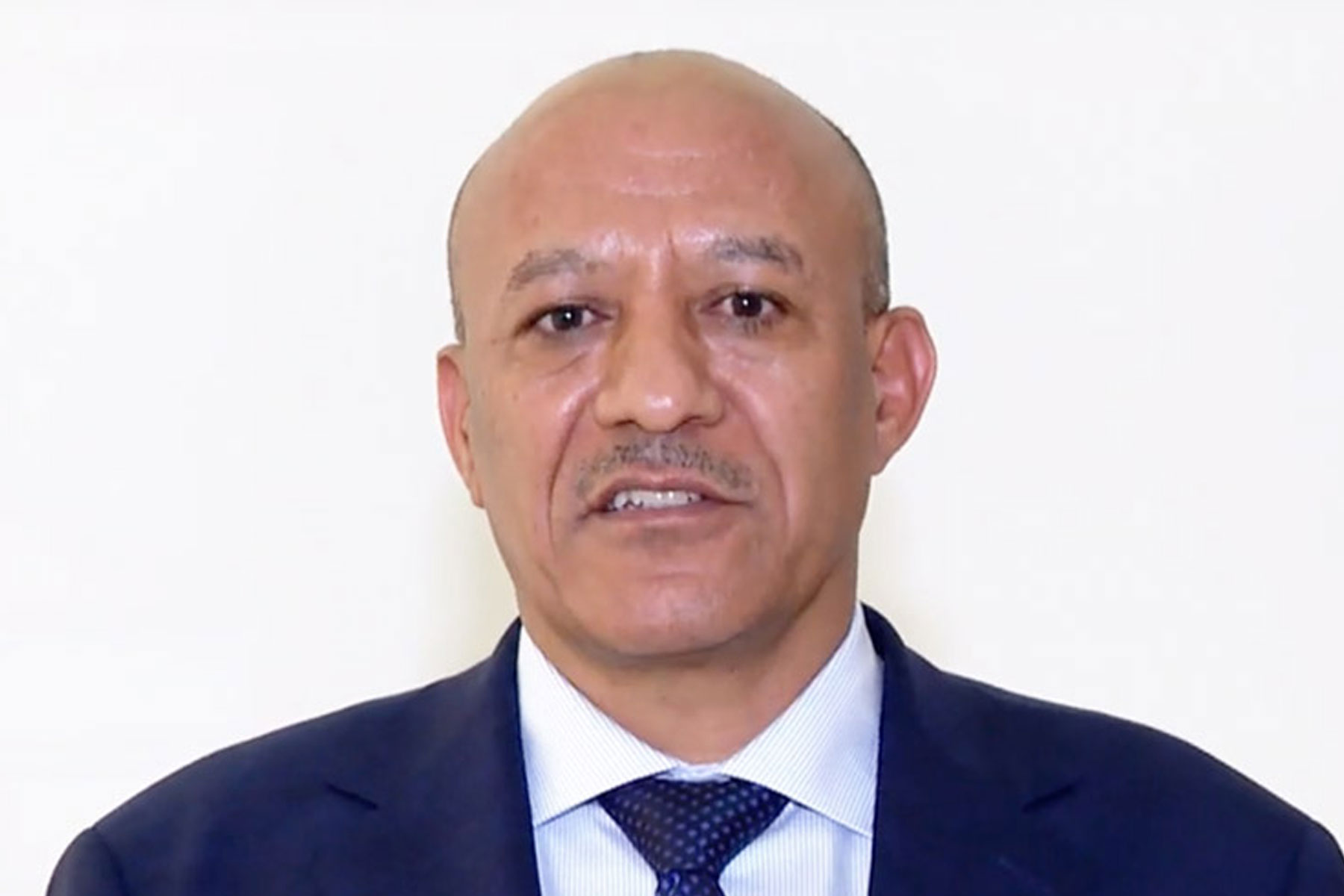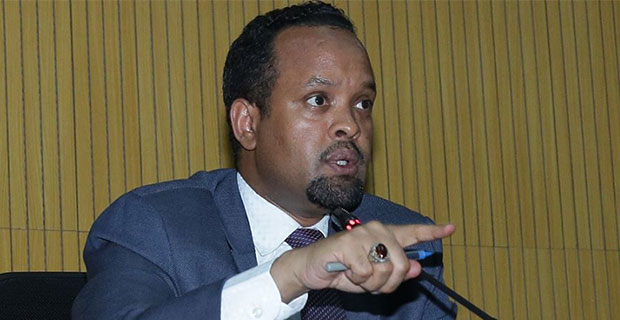
Fortune News | Oct 07,2023
Apr 13 , 2019
By KALIKIDAN HAILU ( FORTUNE STAFF WRITER )
Some 168 standards for locally manufactured and imported products and services in three sectors were approved by the National Standardisation Council.
The Council approved 95 new, 27 revised and 46 reaffirmed standards during meetings held between March 30 and April 8, 2019. The approved standards bring the total number of standards in the country to 10,000.
Construction and civil engineering; agriculture and food; and electronics and mechanical are the three categories that the newly approved standards fall under. Construction and civil engineering take the largest share with 119 standards followed by the agriculture and food sector that received 46 standards.
Going into effect on April 9, 2019, all of the standards are voluntary and depend on the desire of manufacturers and importers to be carried out. If the companies fulfill the standards, they can use the Agency's logo on their products.
Chaired by Fetlework G. Egziabher, minister of Trade & Industry, the Council approved the standards out of 1,397 that were proposed by the technical committees of the Ethiopian Standard Agency. The Council has 16 members including experts, ministers and state ministers appointed by the Prime Minister.
The standards are proposed by 201 technical committees, which are composed of nine to 21 members each.
The Council has approved only one-eighth of the proposed standards thus far, deciding that these specifically need priority, according to Yesima Geru, communications director of the Agency, which reports to the Ministry of Trade & industry starting from October 2018, moving from the then Ministry of Science & Technology.
"The others will be approved in the future," said Yesima.
Since 1972 the Agency has gone through various restructurings before its current shape and is tasked with developing standards that respective institutions are mandated to implement.
"We also give training, technical support and serve as a centre for standardisation documents or data," said Endalew Mekonnen, director general of the Agency, which works on seven sectors including environmental and health, textile and leather, chemical and chemical products and basic and general sectors.
The Ministry of Urban Development & Construction, the Ministry of Agriculture, the Ministry of Innovation & Technology and the Federal Food & Drug Authority are among the institutions that oversee the implementation of the standards.
Normally, standards are set for five years and will be revised, reaffirmed or withdrawn.
But these days the standards are revised fast due to the high speed of technological advancements, according to Yesima.
Last week for the first time, the Council approved a Standards Guideline that offers general recommendations or instructions that provide a framework for achieving compliance with standards.
Most of the local standards are adopted from the European Standard (EN), a standard that is ratified by one of the three European Standardization Organizations (ESOs), according to Argaw Arsha (PhD), deputy director of the Ethiopian Construction Project Management Institute.
"What the Agency has to do is try to customise them to the context of the country," Argaw said. "Plus, establishing institutions that will regulate the implementation of the standards is also mandatory."
Tadele Kumie, a management systems consultant at Integrated Quality Solutions Plc, also shares Argaw's view in having a strong regulatory body that oversees implementation of devised standards.
"Standards should be devised, implemented and revised in line with technological advancement," Tadele adds.
PUBLISHED ON
Apr 13,2019 [ VOL
20 , NO
989]

Fortune News | Oct 07,2023

Radar | Apr 16,2022

Radar | Nov 16,2019

Radar | Apr 03,2021

Radar | Oct 30,2021

Radar | Jun 20,2020

Fortune News | Jun 10,2023

Fortune News | Sep 26,2021

Radar | Apr 15,2024

Radar | Jun 05,2021

Dec 22 , 2024 . By TIZITA SHEWAFERAW
Charged with transforming colossal state-owned enterprises into modern and competitiv...

Aug 18 , 2024 . By AKSAH ITALO
Although predictable Yonas Zerihun's job in the ride-hailing service is not immune to...

Jul 28 , 2024 . By TIZITA SHEWAFERAW
Unhabitual, perhaps too many, Samuel Gebreyohannes, 38, used to occasionally enjoy a couple of beers at breakfast. However, he recently swit...

Jul 13 , 2024 . By AKSAH ITALO
Investors who rely on tractors, trucks, and field vehicles for commuting, transporting commodities, and f...

Jul 12 , 2025
Political leaders and their policy advisors often promise great leaps forward, yet th...

Jul 5 , 2025
Six years ago, Ethiopia was the darling of international liberal commentators. A year...

Jun 28 , 2025
Meseret Damtie, the assertive auditor general, has never been shy about naming names...

Jun 21 , 2025
A well-worn adage says, “Budget is not destiny, but it is direction.” Examining t...